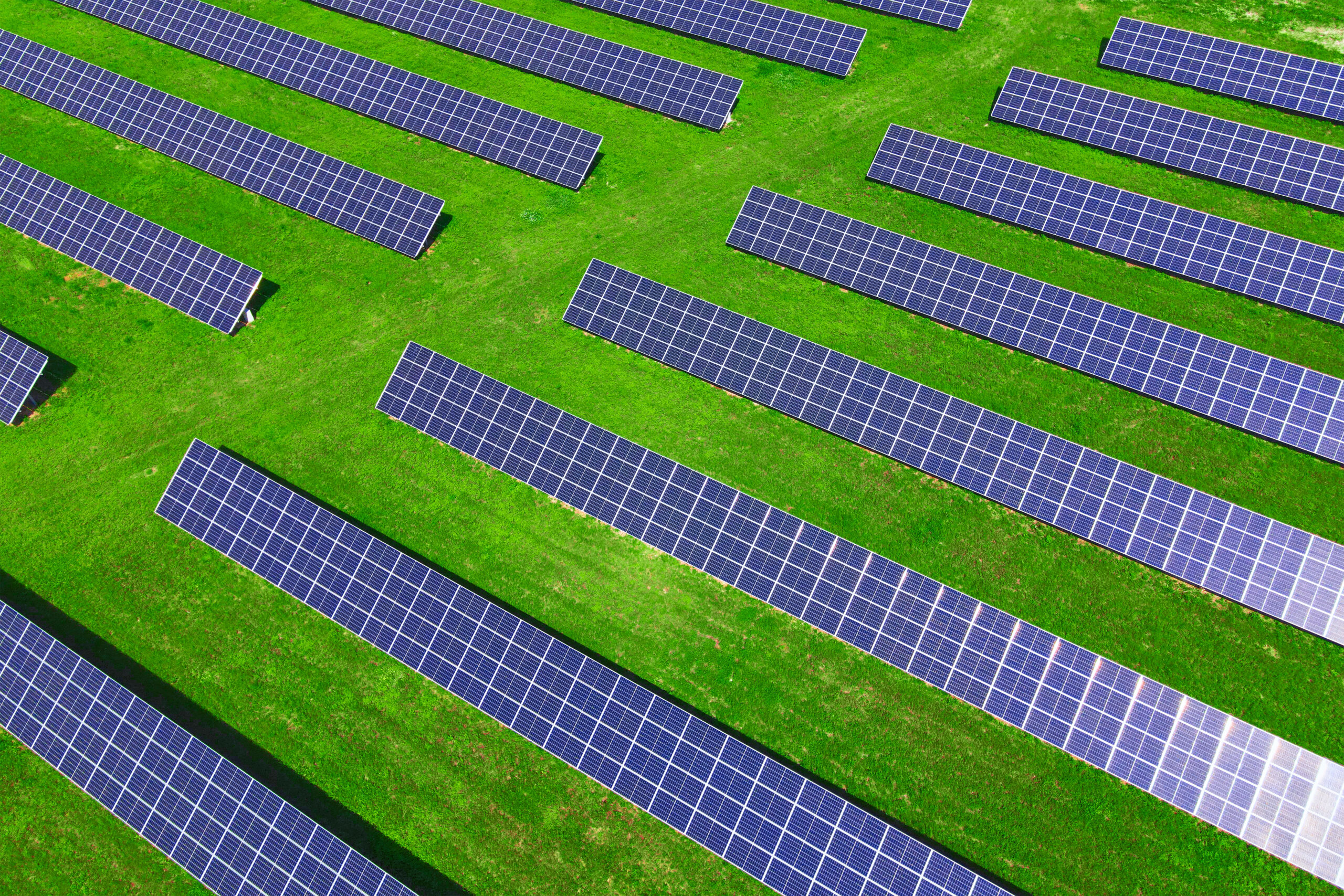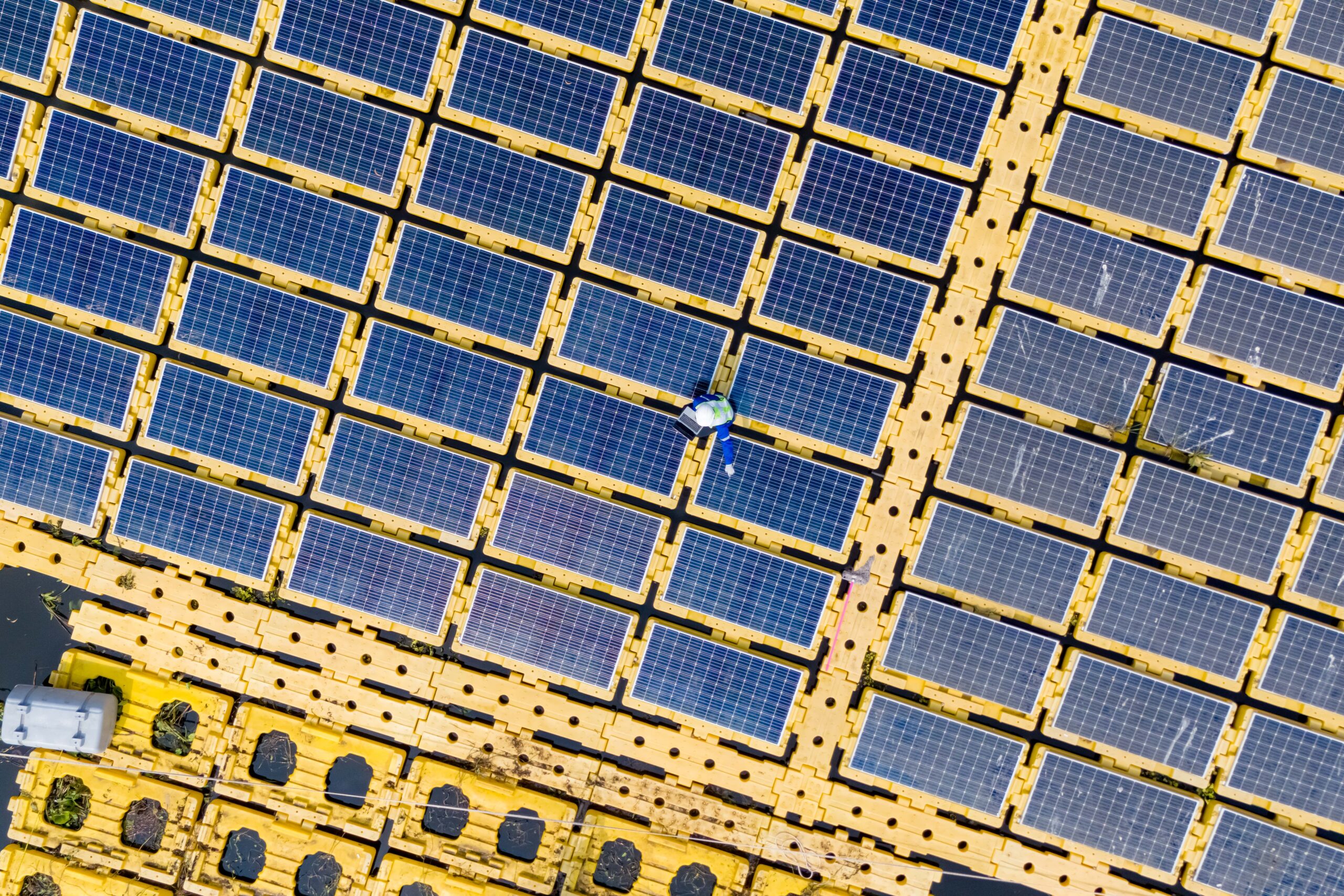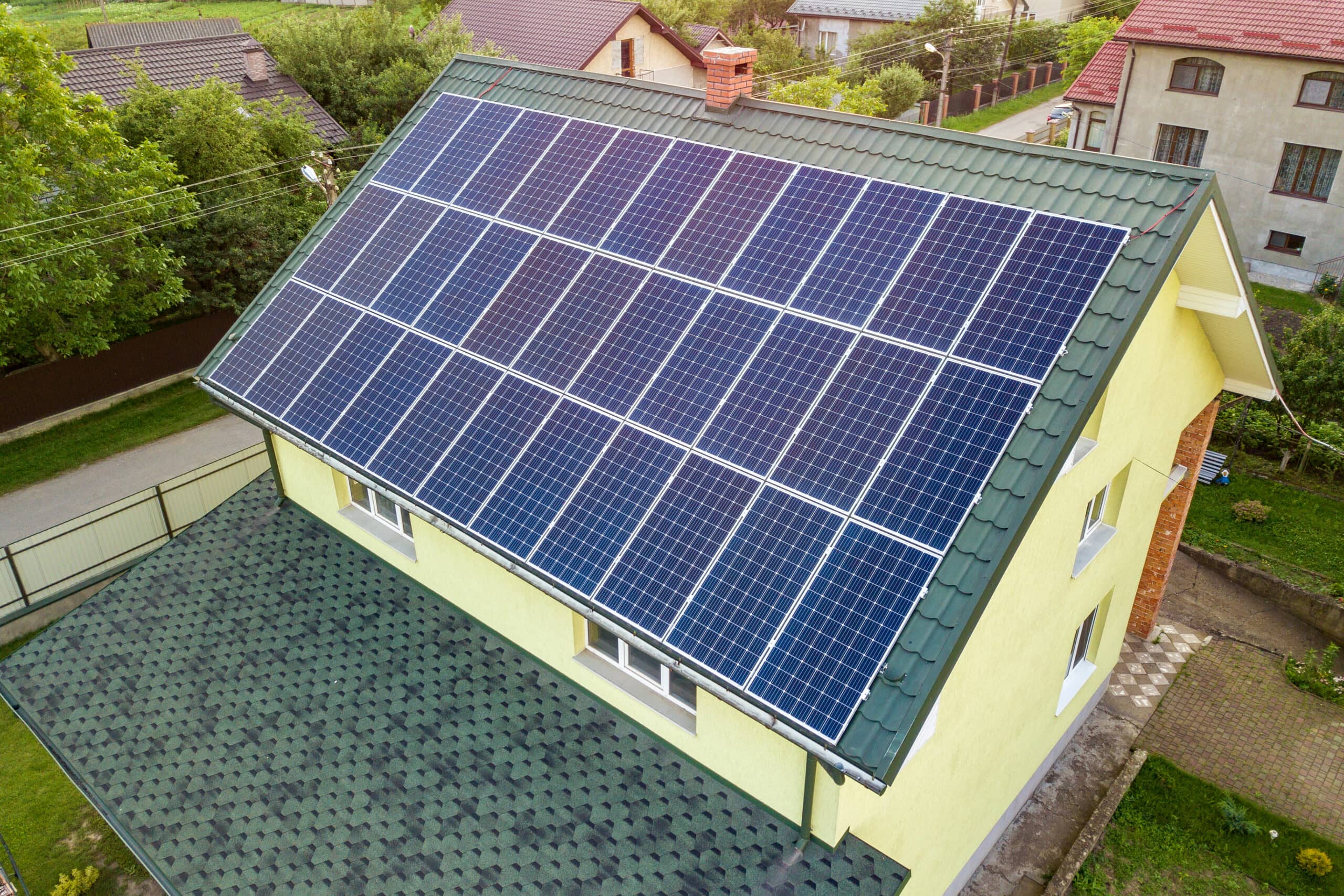Are you thinking about going solar for your new home construction? You’ve come to the right place! In this article, we’ll answer all your burning questions about solar energy and how it can be integrated into your new home. Let’s shed some light on this exciting topic!
Construction Considerations
When it comes to integrating solar energy into new home construction, there are so many incredible benefits to consider. First, you’ll be harnessing the sun’s power to generate electricity, which means you can save a ton of money on your energy bills in the long run. How cool is that?
But the benefits don’t stop there! Solar energy is a clean and renewable power source, so you’ll do your part to reduce your carbon footprint and help the environment. Plus, installing solar panels during the construction phase can take advantage of some cost savings. It’s often more efficient and cost-effective to incorporate solar technology into your home’s initial design and construction.
Now, let’s talk about some key considerations. One crucial factor to keep in mind is the orientation of your roof. A popular misconception is that you’ll want a south-facing roof to maximize sun exposure and energy production. Shading is another thing to consider. Trees, nearby buildings, or other obstructions can cast shadows on your solar panels and reduce efficiency. So, it’s essential to evaluate the potential for shading and make adjustments accordingly.
Additionally, being aware of local regulations and building codes related to solar installations is crucial. Some areas may have specific requirements or restrictions that you need to adhere to. It’s always a good idea to consult with professionals knowledgeable about local regulations who can guide you.
By carefully considering these factors and working with experts, you can ensure that your solar integration is optimized for maximum benefits. So, go ahead and embrace the sun’s power to construct your new home! It’s a decision that’s good for your wallet and the planet.
Estimate Energy Needs
To determine the size of your solar system for your new home, you’ll need to contact a solar expert to estimate your energy needs. This process involves considering factors such as the size of your home, the number of occupants, and the types of appliances and electronics you’ll be using.
Another way to estimate your energy requirements is by looking at your past energy bills if you have them. This can give you an idea of your average monthly energy consumption. You can also use online calculators or consult with solar professionals to help you assess your energy needs based on your specific circumstances.
Remember that energy usage can vary depending on your lifestyle and habits. If you plan to add energy-intensive features like a pool or electric vehicle charging station, you’ll also need to account for those.
Once you have an estimate of your energy needs, you can work with solar experts to determine the appropriate size of your solar system. They will consider factors such as the efficiency of solar panels, the amount of sunlight your location receives, and any potential future energy needs.
Remember, it’s always a good idea to consult with professionals to ensure your solar system is tailored to meet your energy requirements effectively. This way, you can maximize the benefits of solar energy for your new home!
Budget for Your Installation
Understanding the costs involved in installing a solar energy system for new home construction is essential for budgeting. The total cost can vary depending on several factors, including the system’s size, the installation’s complexity, and the specific components you choose.
Additionally, there may be costs associated with permits, inspections, and labor.
Contacting local solar installation companies and requesting quotes is recommended to understand the costs better. They can provide a detailed breakdown of expenses based on your specific requirements and location.
It’s also worth exploring any available incentives or rebates that can help offset the initial costs. In some areas, there may be government incentives or tax credits for installing solar systems, which can significantly reduce the overall expense.
Remember, investing in solar energy for your new home can provide long-term savings on your energy bills and contribute to a greener future. So, take the time to research and understand the costs involved, and don’t hesitate to consult with professionals who can guide you through the process.
Research Financial Incentives
Exploring federal, provincial and local financial incentives for solar integration in new homes is a smart move. These incentives can make the upfront costs more manageable and provide long-term savings. Let’s take a look at some common financial incentives you can research:
1. Federal Investment Tax Credit (ITC): The federal government offers a tax credit that can offset a percentage of the cost of your solar system installation. It’s a great incentive to take advantage of!
2. Provinces and Local Incentives: Many Provinces offer incentives to promote solar energy adoption. These include grants, rebates, low-interest loans, or property tax exemptions. Check with your state energy office or local utility company to see what incentives are available in your area.
3. Net Metering: Net metering programs allow homeowners to receive credits for excess solar energy they produce and feed back into the grid. These credits can offset future energy bills, providing additional savings.
4. Solar Renewable Energy Certificates (SRECs): In some Provnces, you can earn SRECs by generating solar energy. These certificates can be sold on the market, providing an additional source of income.
5. Utility-Specific Programs: Some utility companies offer incentives, such as performance-based incentives or unique financing options. Contact your utility company to see if they have any programs available.
Remember, the availability and specifics of these incentives can vary depending on your location, so it’s essential to research and consult with local solar professionals or your utility company to get the most accurate and up-to-date information. These incentives can significantly affect the financial viability of solar integration in your new home.
Future-Proofing Your Home
Integrating solar energy systems in your new home is a great way to enhance its value and sustainability. Not only will you be taking a step towards a greener future, but you’ll also be future-proofing your home by reducing reliance on traditional energy sources.
Solar energy systems can provide a reliable and renewable power source, which can help lower your energy bills and increase the value of your property. Plus, with the increasing focus on sustainability and environmental consciousness, having solar integration in your home can be a significant selling point in the future.
By investing in solar energy, you’re not only benefiting yourself but also contributing to a more sustainable and eco-friendly world.
As we navigate the intersection of solar technology and new home construction, we must recognize the transformative potential and numerous benefits of solar energy. By carefully considering construction considerations, estimating energy needs, budgeting for installations, and researching available incentives, homeowners can make informed decisions that enhance their homes’ sustainability and contribute to a cleaner and greener future. With solar power becoming increasingly accessible and cost-effective, embracing this renewable energy source is a wise investment and a significant step towards reducing carbon emissions and building a more sustainable world for generations to come.




